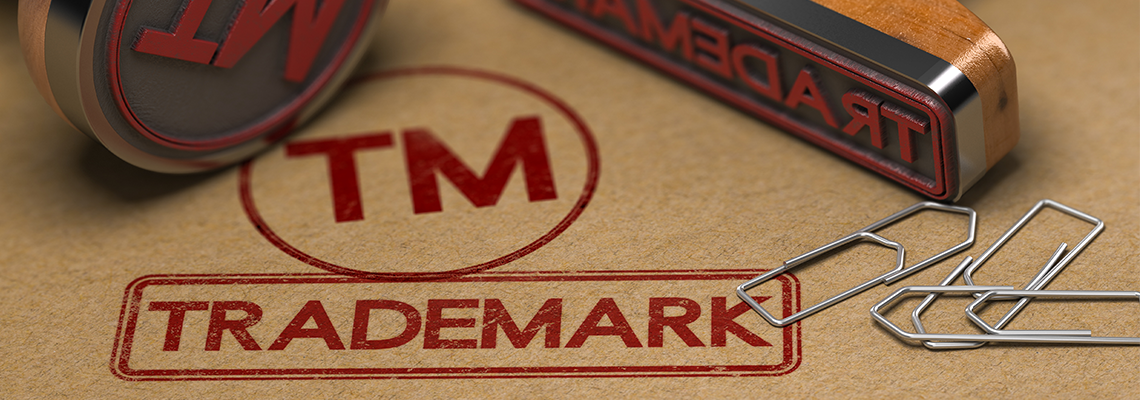Inventor in Residence
Inventor In Residence – Darrell Fertakos is an internationally recognized award winning product developer, intellectual property creator in over 35 industries, serial entrepreneur and named a prolific inventor by The Discovery Channel and Modern Marvel out of 4,200 by The History Channel for his ability to invent game changing innovations, winning products and his unique ability to devise award winning creative solutions to problems. With training in new product development from Hall of Fame PH.D. Inventor professor in college Dr. Phillip Anderson, named NJ Inventor of Year with over 100 patents inspired Darrell to continue his passion for inventing after joining an...
Continue reading














